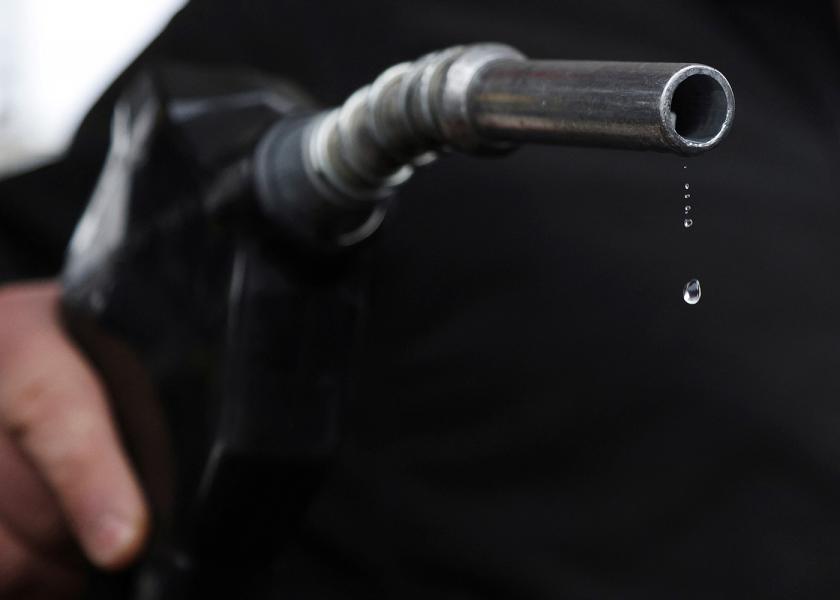How the Russian Oil Ban Will Impact Clean Energy Debates

On Tuesday morning, President Biden shared a ban on Russian oil imports to the U.S. following pleads from Ukrainian President Volodymyr Zelenskyy.
Phil Flynn, Price Futures Group energy analyst, and U.S. Sen. Jerry Moran (R-KS) joined AgriTalk Host Chip Flory to consider the effects of the oil ban.
Is Now the Right Time?
In April 2021, the Biden administration outlined their intentions to cut U.S. greenhouse gas emissions by 50% in 2030 through clean energy avenues such as electric vehicles.
Today, Biden reaffirmed his administration has not been completely anti-fossil fuel, citing oil production being higher in his first year of office than President Trump's first year.
Flynn told Flory he believes Biden’s comment to be “totally” misleading. He says the administration had expressed their intentions to ban oil leases when Biden first took office, which turned up the heat on oil markets and skewed any fuel production data.
Moran says President Biden seems “unwilling” to cross the environmental divide to suggest we’re going to produce more oil.
“Before the war with Ukraine, the President encouraged Russia to produce more oil to help us lower the price at the pump,” Moran says. “That shows we’re not really opposed to the use of oil; we’re opposed to the politics of suggesting we want to use oil. That’s so hypocritical.”
Outsourcing Options
The Biden administration is in the midst of negotiating imports of oil to the U.S. from Venezuela, Saudi Arabia and Qatar.
According to Flynn, these locations offer oil that is made far and away from the Biden administration's clean future standards.
“When Texas started to run out of oil in the 50s and 60s, the U.S. built refineries for cheap oil that was readily available from Venezuela. But their oil is a very thick and sticky oil,” says Flynn. “I think Venezuela and Saudi Arabia are some of the dirtiest producers in the world.”
Biden also identified the U.S.’s need for energy independence, citing wind and solar energy as the avenues to releasing our bonds with foreign oil.
Moran does see merit in the U.S. taking up environmentally sound policies, but they must be based upon common sense. He says solar and wind power are both energy sources he supports, but he does not believe they are the oil crisis solution.







